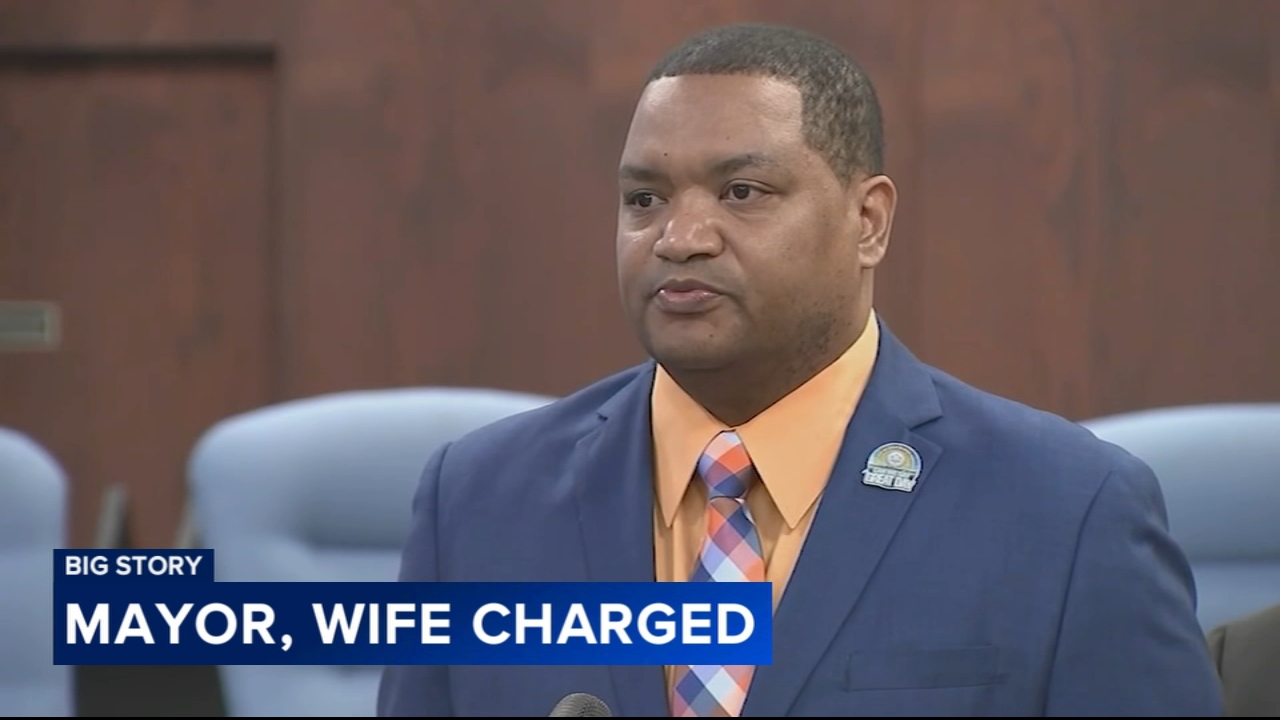Senate deal reached on reduced Zika funding measure

WASHINGTON -- Top Senate negotiators announced agreement Thursday on a $1.1 billion emergency funding measure to battle the Zika virus. That's less than President Barack Obama's $1.9 billion request, which has upset some senior Democrats.
Sen. Patty Murray, D-Wash., told reporters that she still prefers Obama's proposal but has reached agreement with Sen. Roy Blunt, R-Mo., on the smaller measure, which is likely to be added next week to a bill funding veterans and transportation programs. Senate Majority Leader Mitch McConnell, R-Ky., immediately set up a floor vote on the measure for next week.
The administration requested emergency funding to battle Zika in February but Republicans controlling Congress have been slow to react, and instead forced the administration last month to tap more than $500 million worth of unspent Ebola funding to battle Zika. The compromise measure fails to restore most of that money.
"I have pushed for the $1.9 (billion) since the beginning. I think it's the right package," Murray said. "But I have reached an agreement with Blunt on what we can put into a package, and we'll have a vote on it."
The White House was heartened by the development. "Frankly, at this point, given the delays and given the heightened stakes, we welcome any sort of forward momentum in Congress," said press secretary Josh Earnest.
But top Senate Democrat Harry Reid of Nevada gave the proposal a frosty reception, saying it is "not enough, especially when the amount will likely be reduced further by House Republicans." Reid and Democrats unhappy with the plan could try to block it, but there's no obvious way to pass something more generous.
The Zika virus can cause microcephaly, a severe birth defect. Babies born with the conditions have abnormally small heads. Zika virus is spread by mosquitoes and sexual contact and is likely to spread more widely during mosquito season. Polls show that the public isn't anywhere nearly as scared of Zika as it was about the Ebola outbreak in West Africa and the handful of cases in the U.S. in 2014, but Zika awareness and anxiety is likely to grow as mosquito season heats up.
Aides to both Democrats and Republicans said the Blunt-Murray proposal is likely to pass easily in the Senate, though Sens. Bill Nelson, D-Fla., and Marco Rubio, R-Fla., are demanding a vote on the full $1.9 billion administration request. No. 2 Sen. Republican John Cornyn of Texas is likely to offer an alternative that is financed with spending cuts elsewhere in the budget. Both of those plans are likely to fall to filibusters, however, leaving the Blunt-Murray compromise as the only option.
Roughly one-third of the compromise proposal, $361 million, would go to the Centers for Disease Control and Prevention for domestic Zika response such as mosquito control and rapid response teams. Another $200 million would be used by the National Institutes of Health for vaccine research and other purposes. And another $248 million would battle the virus overseas.
The Senate move is likely to set up a conflict with the House, where GOP leaders are likely to press for a much smaller amount and pay for it by cutting other programs or using leftover Ebola money that was passed at the end of 2014.
Across the Capitol, at a hearing called by House Democrats, Dr. Anthony Fauci of the National Institutes of Health acknowledged, "It is very difficult to get people to invest in something that hasn't happened yet."
Federal health officials are not predicting widespread outbreaks of Zika in the continental United States. The CDC reports more than 500 case of Zika in the continental United States, all of which are related to overseas travel.
The Senate measure would also preserve an administration program that would use some of the leftover Ebola money to help poorer nations build up their health infrastructure.




